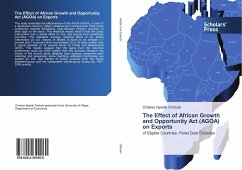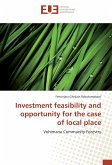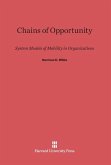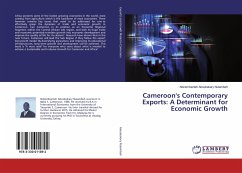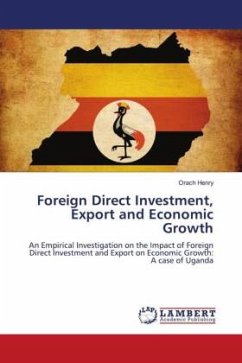This study evaluates the effectiveness of the AGOA (AGOA), a case of a developed country's (USA) unilateral and nonreciprocal trade policy preference towards developing (Sub-Saharan African) countries to shed light on the issue. The empirical results show iii that the policy intervention had a dismal effect on U.S. real imports from beneficiary countries. The estimated average marginal effect of the AGOA intervention on U.S. imports of textiles is found to be between 1.7 percent and 1.9 percent which are between 22 to 25 times smaller than a typical estimate of 42 percent found by Frazer and Biesebroeck (2010). The results suggest that the gains from the duty-free preferences could be much smaller than the previous literature has shown. In the current study, weighted least squares coarsened exact matching and propensity score matching estimation techniques are applied on U.S. real imports of 8-digit products from the AGOA treatment-group and the comparable control-group during the 1997-2008 periods.
Bitte wählen Sie Ihr Anliegen aus.
Rechnungen
Retourenschein anfordern
Bestellstatus
Storno

